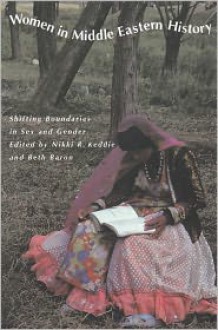

Though overshadowed by later clashes such as the Battles of the Falkland Islands and Jutland, the Battle of Heligoland Bight enjoys the distinction, as Eric Osborne puts it, of being “the first pitched naval engagement of World War I.” Arising from a “sweep” of the German-controlled waters by a force of Royal Navy vessels, the resulting battle was an early British victory in the naval war. In this book, Osborne seeks to give the battle its due attention by untangling the confused course of events and demonstrating the subsequent impact of the battle for both sides.
The sweep that led to the battle was the brainchild of Commodore Roger Keyes, an aggressive officer then in command of the Royal Navy’s submarine forces. Chafing at the inaction that characterized the start of the First World War for the naval forces, he conceived an operation that would allow Britain to take the offensive by disrupting German naval patrols of the Bight. On August 27, a force of submarines, destroyers, and light cruisers sorties from port, arriving in the bight by the next morning. The next day, in an operation marked by confusion and miscommunication, the force, backed by a squadron of battlecruisers, managed to sink three German light cruisers and return to port with only minimal casualties.
Osborne’s account of the battle is both engaging and comprehensible, providing much-needed clarity to the muddled clash of ships. Yet the author’s work falls short on two counts. The first is in the significance Osborne assigns to the battle. He argues the battle was critical in determining the cautiousness of German High Seas Fleet during the war, which effectively conceded control of the oceans to the British throughout much of the conflict. Yet such timidity was already evident prior to the battle; indeed, Osborne demonstrates that the reluctance to risk Germany’s capital ships was what ensured the success of the raid. Osborne’s argument in this respect assigns the battle more significance than it warrants.
This problem is reflective of the other major flaw of the book. While an interesting account of the battle, it is not a terribly long one – and it seems that Osborne struggled to reach the page length that he did. Parts of the book seem like little more than padding; his first chapter provides far more background on the prewar naval arms race than seems relevant, and information is often repeated from page to page. This does not diminish the usefulness of Osborne’s account of the battle, but it does suggest that, like his effort to inflate the significance of the battle, he is attempting to make far more out of the clash at Heligoland Bight than it ultimately warrants.
 "Women and Education in the Mamluk Period" by Jonathan P. Berkey>/b>
"Women and Education in the Mamluk Period" by Jonathan P. Berkey>/b>